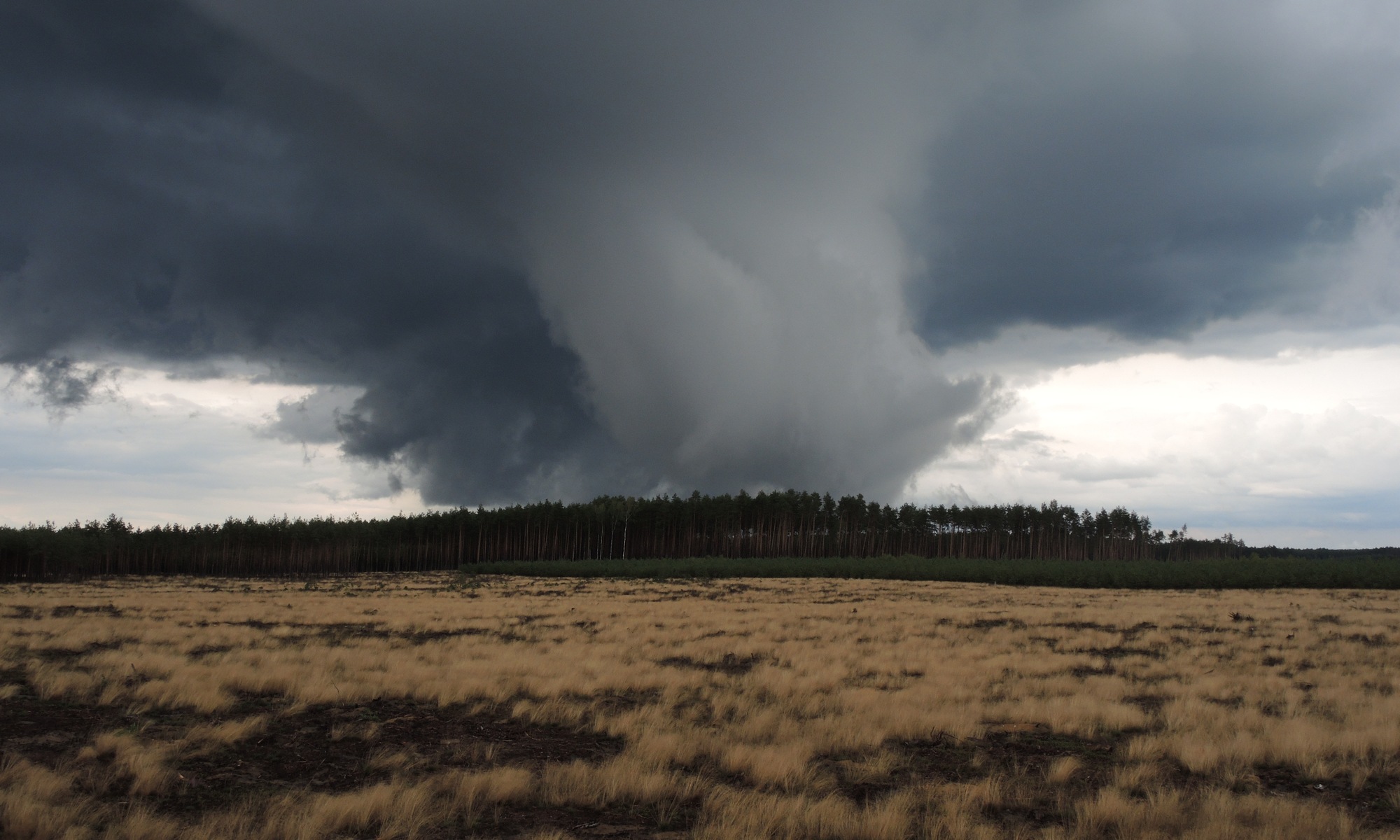Global change is one of the major problems of humanity. The term “Global Change” comprises a wide range of physical, chemical, biological and socio-economic changes that disrupt the current functioning of the Earth system in a planetary scale. Changes are seen especially in climate, productivity of landscape and oceans, atmosphere chemistry or in ecosystems. Climate change is caused by Earth’s energy imbalance, when the planet absorbs on average more energy than is radiated back into space. The result is the increase in global temperature. The main cause of this energy imbalance is the increasing concentration of greenhouse gases in the atmosphere (more on http://www.czechglobe.cz/en/global-changes/).
I. Mission
ICOS (Integrated Carbon Observation System) is an European Research Infrastructure for quantifying and understanding the greenhouse gas balance of the European continent and of adjacent regions. The infrastructure is built up as a collaboration of nationally operated measurement stations in European countries. The Czech Republic is the founding member of this project.
The aim of the project is a long-term observation of fluxes of energy and matters (especially greenhouse gases) between ecosystems and the atmosphere at local to continental level. It includes the monitoring and evaluation of the effectiveness of carbon sequestration, including research of carbon sinks and sources in various regions. The reason is to understand the functioning of ecosystems in terms of current and future climate and to find ways to maximize carbon capture from atmosphere (CO2) by ecosystems. ICOS will then cooperate with decision-makers and develop proposals to reduce the effects of global change impacts on ecosystems and human society.
These studies must be secured beyond the duration of a typical research project (3-5 years). Measurements of ICOS project will take at least 20 years. In the preparatory phase (2008-2013), a network of standardized, high-precision monitoring stations was built, which are managed and supported by a central infrastructure (Thematic Centres, Carbon Portal and Central Laboratory). In the next 20 years, the network will provide comprehensive, high-precision data sets. These, together with advanced computer models, will demonstrate the matter and energy fluxes from various regions and also the global atmosphere processes. The aim is to daily map European sources and sinks of greenhouse gases at a resolution of about 10 km, which will serve as a basis for understanding the processes occurring between the atmosphere, land surface and the ocean.
The list of variables measured in ICOS project is based on a recommendation of GEOSS (Global Earth Observing System; http://www.earthobservations.org/geoss.php).
II. Role of ICOS – Czech Republic
The task of ICOS on the level of the Czech Republic is to study sinks and sources of greenhouse gases in selected ecosystems and to monitor the transport of greenhouse gases in the atmosphere (Atmospheric station). Measured data are sent to ICOS CarbonPortal, which produces and accesses quality-controlled observational data and advanced visualizations in all-European scale.
Czech Ecosystem stations are located in a mixed floodplain forest (proposed as ICOS class 1 station), coniferous forest (proposed as ICOS class 2 station) and wetland (proposed ICOS associated station). CzechGlobe also operates other stations located in the spruce and beech forest, mountain grassland, poplar plantation and agroecosystem (www.czecos.cz). The studied ecosystems are typical for Central Europe, are important for its greenhouse gas balance and represent different climatic conditions (altitude gradient).

